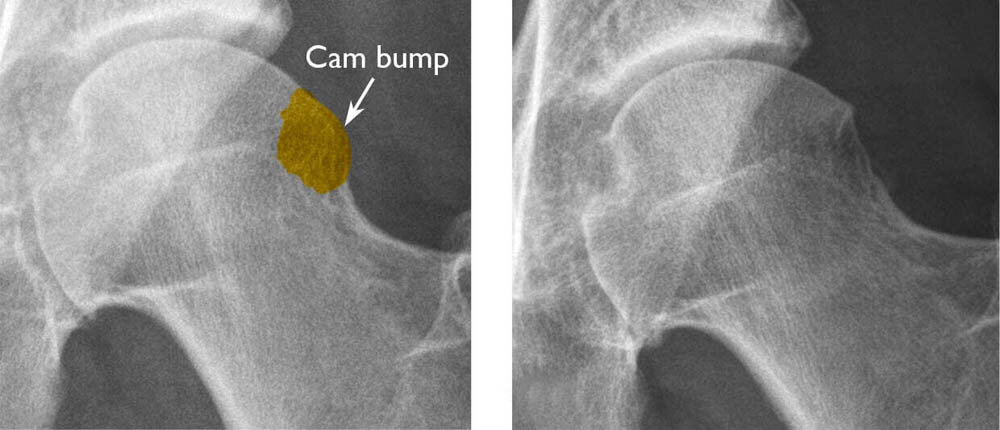TIPS & THINGS I LEARNED BEFORE & AFTER HIP SURGERY
1 week after surgery!
TIPS & THINGS I LEARNED BEFORE & AFTER HIP SURGERY
1. Genetics Can Play a Big Part in Hip Health
So there is this pervasive idea that any injury is a result of you “fucking up”. Moving wrong, not using your core, too much high impact, etc.. And while it’s possible these things can play a PART, they are not the only reason why an injury can happen.
My hip impingement was genetic. The shape of my femur head was funky so would rub in my socket wearing down the cartilidge and creating a tear. Now, if I was not as active in my life I probably would not have experienced symptoms until I was older but I may have had other symptoms from a less active lifestyle.. The reality is we don’t know. But genetically I was more susceptible.
Some people are born with a more shallow hip socket which will result in a natural ability to have hip mobility. Also known as HYPERMOBILITY. Many people that fall in to this category end up as dancers or eventually Pilates and Yoga Instructors. Because we like to do what we are good at ;) People with shallow hip sockets can easily get into splits and high kicks. But this hypermobility is not all good. If you are hypermobile and you don’t have the strength to stabilize you will be more likely to end up with an injury.
Then you have the people that have a very deep hip socket. These people will really struggle with hip mobility. Many people in this category end up as NFL lineman and other high impact sports as they have a great deal of stability but just like the other side you can have too much of a good thing. These people are more likely to end up with hip impingements and possible tears.
I fell a bit more into the deep socket as my hip mobility is like a B.
2. PRE Op Exercise is EXTREMELY Important
Going into any surgery strong is critical to successful results. Many insurances and hospitals are actually prescribing Pre-Op PT to prepare your body for surgery.
You need to go into surgery as strong as you can be as you will lose much of your strength and mobility while you recover. A strong body is going to respond better to trauma.
You want to avoid any movement that causes pain or inflammation at least 2 weeks into surgery as the surgeon will struggle if there is a lot of inflammation.
I was very motivated the 2 months leading up to my surgery to strength train more than I had been. I like many during COVID was much more sedentary. I created my own Pilates plan to focus on hip mobility and strength as well. I feel this was critical to my successful results
3. Rest for Recovery but Don’t Be Afraid to Walk Around
Recovery is a balance of rest but finding opportunities to move safely. Your surgeon will talk to you about how to move safely after surgery. Getting your blood moving and muscles safely activating is important to hip surgery recovery. If you get a hip replacement they will have you walking hours after your surgery! This helps prevent too much scar tissue from setting in which can be detrimental to your results.
I was walking around the block the day after surgery. I could put about 30 lbs of weight on my left side. I also had a passive motion machine that moved my left hip in and out of flexion. I was in that the day after surgery for 8 hours a day for a month.
STAY TUNED FOR THE REMAINDER OF MY TIPS IN NEXT WEEKS NEWSLETTER!
Are You Dealing with Hip Issues? Join my upcoming virtual class series: “Pilates for Healthier Hips”.
This 6- week class series will work on hip strength, mobility, and stability.
I will be using the same exercises I used to prepare and recover from my own surgery!
Live Class begins July 15th. You can join live or do series on your own time!



